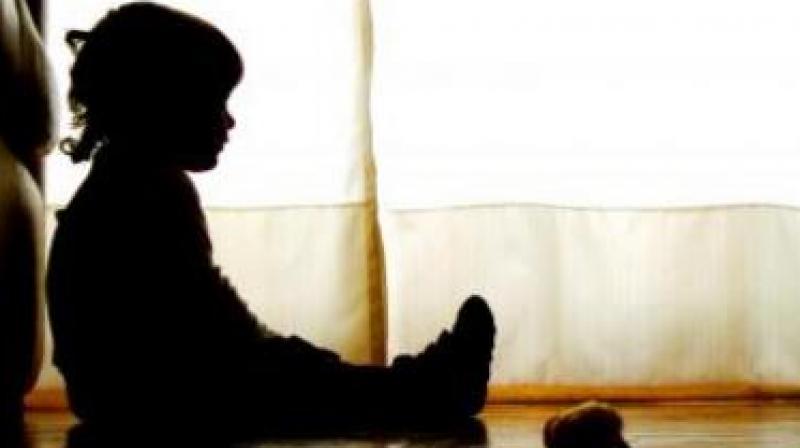Telangana: Absence of child rights panel hits probe
12-yr-old girl worker at Telangana brick kiln dies mysteriously.

Hyderabad: A 12-year-old girl from Odisha, working in a brick kiln in Telangana died in suspicious circumstances. Though doctors declared that she died of ill health, the Odisha State Commission for Protection of Child Rights (OSCPCR) took up the case after a message circulated on WhatsApp alleging that the girl died due to beatings by the employer.
The Commission took up the case suo moto and wrote to the Telangana State Commission for Protection of Child Rights to investigate the issue and submit a report. But as the Telangana SCPCR does not exist, the inquiry hit a roadblock.
This is one of many such incidents where the absence of an SCPCR is leading to gross violation of child rights.
Rashmitha Thandey hailing from Bolangir district, was the only daughter of her parents Bheemraj Thandey and Rina and was working in a brick kiln in Telangana. She died in Niloufer Hospital. According to the death certificate issued by Niloufer Hospital (copy available), Rashmitha was living in Patelguda village in Ibrahimpatnam mandal of Ranga Reddy district and she died of cardio-respiratory arrest due to pneumonia on March 5, 2017. Her body was taken to Odisha and was cremated in her native place. However, her parents who were also working in the brick kiln along with her alleged that she was beaten by employer Ranjith Chaudhury, after which she fell sick and died. The OSCPCR after coming to know about the incident directed the Telangana SCPCR to probe the incident. Child rights activists say that the investigation cannot be done as the commission is defunct. Even if the commission writes to the police or any other government agencies, the reason behind the death cannot be established since the girl was cremated after death.
“The absence of an SCPCR in TS is not only depriving children of their rights but violates the Constitution also. The commission could have investigated this incident and other incidents and directed the government to take measures to avoid such incidents. Though there are many government agencies involved, the commission will be effective as it has quasi judicial powers," an activist working on the welfare of kids working in construction sites said on condition of anonymity, adding that child labour is still rampant in bangle making units in the old city, brick kilns, construction sites and granite quarries.
Child panel still awaits Andhra Pradesh, Telangana split
After the bifurcation of the state of Andhra Pradesh, the Telangana state government issued a notification in November 2014 to form the State Commission for Protection of Child Rights, but it is yet to materialise. Activists say that the commission cannot be constituted since it is listed in schedule X of the AP Reorganisation Act and without bifurcation of the original body, a new body cannot be constituted.
The six-member commission was constituted in February 2014, a year after the Supreme Court urged 19 states, including the undivided Andhra Pradesh, to constitute a commission under Section 17 of the Commission for the Protection of Child Rights Act, 2005, which would be working under the National Commission for Protection of Child Rights.
However, within four months of its constitution, the commission was bifurcated after the two states separated in June. While three members joined the AP cadre, the other three worked for Telangana.
As the SCPCR is defunct since February 2017, cases of child abuse are not being heard and cases are piling up at the national level.
Achyutha Rao, former member SCPCR, says that when the Commission was in existence, around 600 cases of child rights violations were heard and in many cases the victims had received relief.
Being a judicial body, the commission had ordered the police to file cases under the proper sections when children were abused sexually. “I alone have disposed of 198 cases and took suo moto action in 33 cases. But now, due to absence of a state-level child rights panel, there is no authorised body where people can submit their complaints related to violation of child rights,” Mr Rao said.

